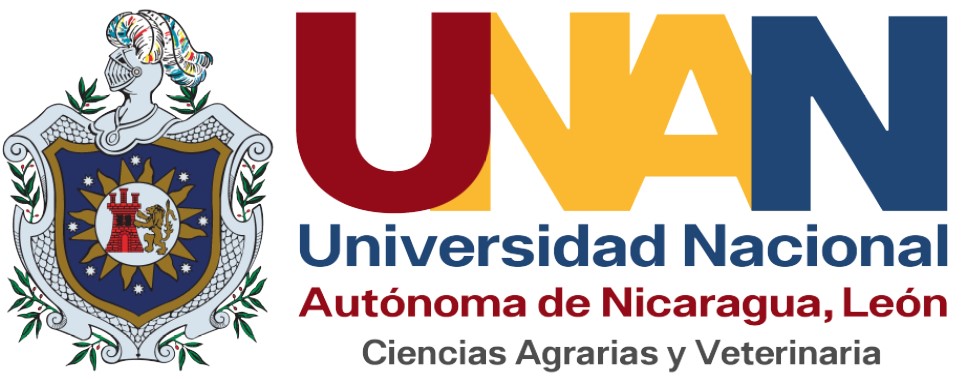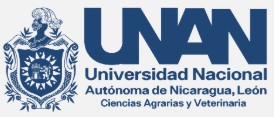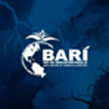Entrepreneurship within education base as method of employment for Business Administrations students of CUR-Somotillo 2016
DOI:
https://doi.org/10.5377/ribcc.v2i1.5688Keywords:
Entrepreneurship, Unemployment, EducationAbstract
The purpose of this study is to describe the skills and abilities developed by the
students of the 5th year of the CUR-SOMOTILLO company management career for generation of self employment. Nicaragua is at a time of great importance for its development future economic From the demographic point of view it is going through what many have called "window of demographic opportunity". Actually, this term refers to the beginning of the second phase of the demographic transition process, where the rate of population growth begins to decline and the population of working age increases in relation to the population dependent, above all, the child. Unemployment and inactivity among the young population may have profound, and even permanent, effects on the future employment capabilities of the population and, with it, in the future income flow of households and in the quality of life. A
unemployment and long-term inactivity in young people, not only results in the loss of human capital, but it can also leave this group at high risk of exclusion
social, delinquency and drug addiction. Entrepreneurship understands how to discover opportunities, the creation and exploitation of activities to generate their own source of income and in this way to be able to obtain the basic requirements to maintain an acceptable standard of living. When acting as an entrepreneur, opportunities for new projects are seen, stimulates environments so that
its workers develop innovations in the products or services provided.
Downloads
Metrics
References
Asamblea Nacional. (2006). Ley General de la educación (ley 582). Managua: La Gaceta.
Asencio Flores, C. (2014). La educación en Nicaragua después del 2015, situación y retos. Managua.
Bazdresch Parada, M. (2013). Pobreza desigualdad social y ciudadanía. M. Bazdresch Parada, Educación y pobreza: una relación conflictiva (págs. 65-81).
Benitez Vasquez, D. d., García Ayala, Y. P., & Rodríguez de Giron, V. M. (2015). Guía Práctica de emprendedurismo para la creación de microempresas dirigidas a estudiantes de bachillerato del complejo educativo Católico Padre Mario Zanconata, municio de San Marcos departamento de San Salvador. Recuperado el 25 de Noviembre de 2015, de Repositorio Institucional, Universidad de El Salvador:
Estrada, G. R. & Monroy, A. G. (2015). Hacia Nuevos Paradigmas Organizacionales. México: UAM-X.
Franklin Fincowsky, E. B. (2007). Pearson Educación. Recuperado el 24 de Julio de 2013, de Pearson Educación: http://www.pearsoneducación.net/franklin
Gobierno de Reconciliación y Unidad Nacional. (2012). El bien común y la equidad social de las familias Nicaragüenses. Plan Nacional de Desarrollo Humano 2012-2016. Managua, Nicaragua.
Villalpando, A. G. (2009). Sujeción y formación en la educación formal, no formal e informal. EDUCATIO, 39.
Grigsby, C. (2012). La educación rural en Nicaragua: una aproximación a la realidad de la escuela multigrado en Leon, Jinotega, Boaco y la RAAS. Managua: IEEPP.
Guerrero Olid, P. (1998). Cuestiones básicas sobre evaluación de aprendizaje.
Kendell Graham, J. (2011). Cambiando los paradigmas. En UNAN-Leon, Estrategias didáctivas y evaluación de los aprendizajes (págs. 1-3). Leon.
Koontz, H. (2002). Elementos escenciales de la planeación y la adminsitración por objetivos. En H. Koontz, Administración una perspectiva global (pág. 109). México: McGrawHill.
Kubr, T., Marchesi, H., Ilar, D., & Kienhuis, H. (1998). Starting Up. Switzerland: McKinsey & Company.
La empresa creativa. (2012). El emprendedurismo en Nicaragua. Recuperado el Noviembre de 2015, de La empresa creativa: http://laempresacreativa.com/documents/Boletin.pdf
Lacayo Parajon, F. (2014). El cambio cualitativo en el paradigma de la cultura. En F. J. Lacayo Parajon, Calidad de la educación o nuevo paradigma de la educación (pág. 4). Managua.
https://doi.org/10.5377/cultura.v20i64.1883
Ministerio de Educación. (2011). Plan Estratégico de Educación, 2011-2015. Managua.
Ministerio de Educación. (2014). Evaluación del plan estratégico de la educación (PEE) 2011-2015. Revisión de Nicaragua de la EPT al 2015. Managua.
Pimienta Prieto, J. (2012). Estrategias de enseñanza-aprendizaje: docencia universitaria basada en competencia. México: Pearson Educacion.
PNUD. (2014). Informe sobre desarrollo humano 2014. Milan, Italia.
UNESCO. (2010). Datos mundiales de Educación 7a ed. Nicaragua.
Van de Velde, H. (2013). Reto para la educación en Nicaragua 2013: construir calidad educativa, basada en cooperación genuina. La Habana, Cuba: IPLAC.
Downloads
Published
How to Cite
Issue
Section
License
Copyright (c) 2018 Revista Iberoamericana de Bioeconomía y Cambio Climático

This work is licensed under a Creative Commons Attribution-NonCommercial-ShareAlike 4.0 International License.
Copyright © 2025 Rev. iberoam. bioecon. climate change. National Autonomous University of Nicaragua León (UNAN-León), Knowledge Area of Agrarian and Veterinary Sciences / Specific Area of Agroecology and Agribusiness / Center for Research in Agrarian Sciencies. Academic Directorate. Research Department. Publication and scientific events Unit.












 EDITORIAL
EDITORIAL e-ISSN
e-ISSN


 COPYRIGHT
COPYRIGHT This work is licensed under a Licencia Internacional
This work is licensed under a Licencia Internacional 












